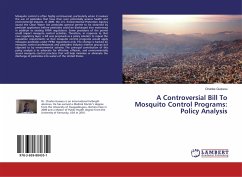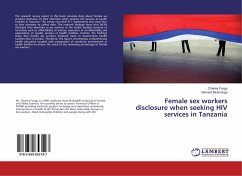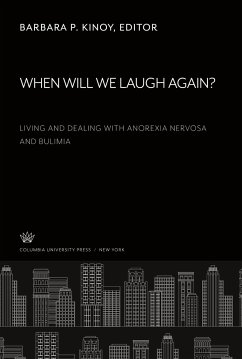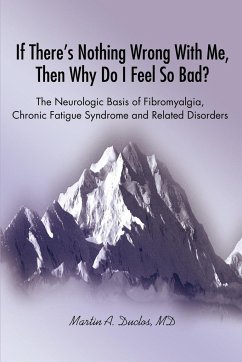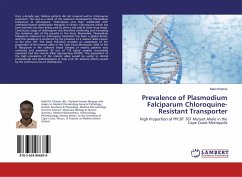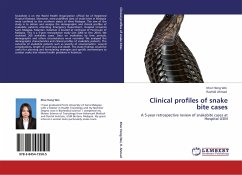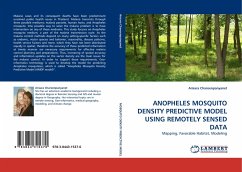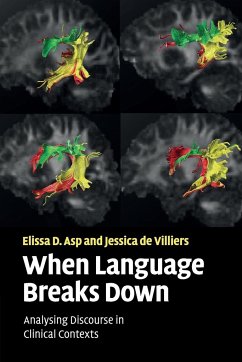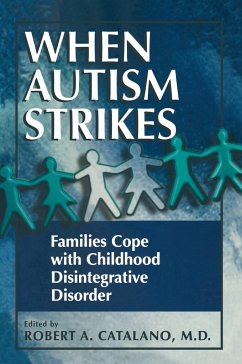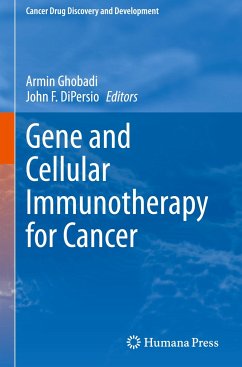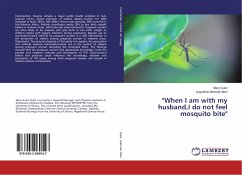
"When I am with my husband,I do not feel mosquito bite"
Versandkostenfrei!
Versandfertig in 6-10 Tagen
33,99 €
inkl. MwSt.

PAYBACK Punkte
17 °P sammeln!
Introduction: Malaria remains a major public health problem in Sub-Saharan Africa. Global estimates of malaria disease burden for 2000 indicated at least, 300 to 500 million clinical cases annually; 90% occurred in Sub-Saharan Africa. Malaria contributes nearly 20% to low birth weight babies in endemic areas, still births and maternal deaths. Pregnant women are more likely to be anaemic and give birth to low birth weight or stillborn babies with malaria infection during pregnancy. Regular use of insecticide-treated net(ITN) by pregnant women is a vital intervention in the prevention of malaria...
Introduction: Malaria remains a major public health problem in Sub-Saharan Africa. Global estimates of malaria disease burden for 2000 indicated at least, 300 to 500 million clinical cases annually; 90% occurred in Sub-Saharan Africa. Malaria contributes nearly 20% to low birth weight babies in endemic areas, still births and maternal deaths. Pregnant women are more likely to be anaemic and give birth to low birth weight or stillborn babies with malaria infection during pregnancy. Regular use of insecticide-treated net(ITN) by pregnant women is a vital intervention in the prevention of malaria among pregnant women in endemic areas. Objective(s): The general objective of this study is to explore the perception and attitude towards insecticide-treated net in the control of malaria among pregnant women attending the Antenatal Clinic. The findings showed that the pregnant women had appreciable knowledge, both the positive and negative attitudes and perceptions of ITN. Socio-cultural beliefs and practices could influence the knowledge, attitude and perception of ITN usage among both pregnant women and people in malaria endemic communities.



